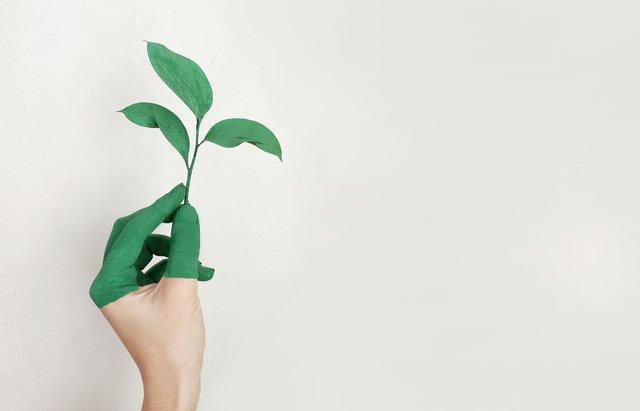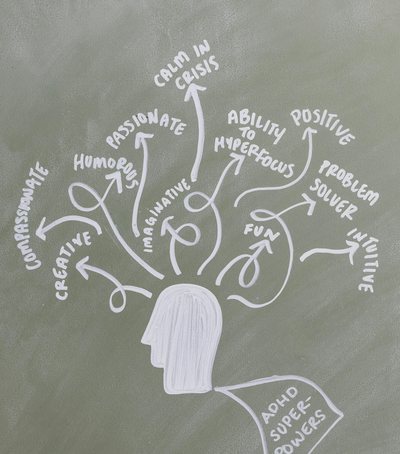
Start with a very small habit that you can easily complete every day. Instead of promising drastic transformations, choose a minimal action—like writing a sentence in your journal or meditating for a minute. By starting with such small steps, you create a sense of accomplishment that lays the foundation for a new consciousness.
Understand the core of your “why”: A personal goal should be clear and emotionally connected to your values. It’s easier to be consistent when you know you’re building a habit to improve your self-esteem, energy, or relationships, not just to feel bad about not being “good enough.”
Connect the new habit to something you already do every day—for example, meditating right after brushing your teeth or reading two pages in a book after your morning coffee. This technique, known as “habit stacking,” helps you create automatic planes of action, making habits seem like they “do it themselves.”
Adjust your environment to facilitate habits: if you want to exercise more, put your sneakers near your apartment; if you want to read, leave your book on your pillow. When physical obstacles are reduced, motivation is no longer a barrier, but a boost that becomes part of your routine.
Set a specific time and place for your new habit. Instead of saying, “I’m going to exercise more,” think, “I’m going to do a set of push-ups in the kitchen after lunch.” The more specific you are, the less room you leave for the usual doubts and delays.
Measure your progress every day, even if it's just with a tick on your calendar or a phone app. Small indicators of progress, like a string of successful days, create the desire to keep going and strengthen your belief that you're on the right track.
Set frequent “reminders”: phone alarms, post-its on the mirror, or an accountability buddy who texts you in the morning. These signals remind you not to forget the new action and keep you on track.
Weekly reflection helps you assess what worked and where we need to adapt. A brief self-meeting—as little as 10 minutes—allows you to identify obstacles, re-strategize, and regain enthusiasm before habits wear out.
Reward yourself for every achievement, no matter how small. A piece of dark chocolate after a week of fluency, a favorite movie, or a quiet moment with a cup of tea; this positive ritual strengthens the connection between action and a sense of well-being.
Be patient: forming a habit takes between 21 and 66 days, sometimes longer if it's complex. Don't get mad at yourself when you miss a day, but get right back on track the next morning. Every restart is a testament to your persistence.
Photo Credits (Alena Koval):
https://www.pexels.com/photo/person-s-left-hand-holding-green-leaf-plant-886521/





